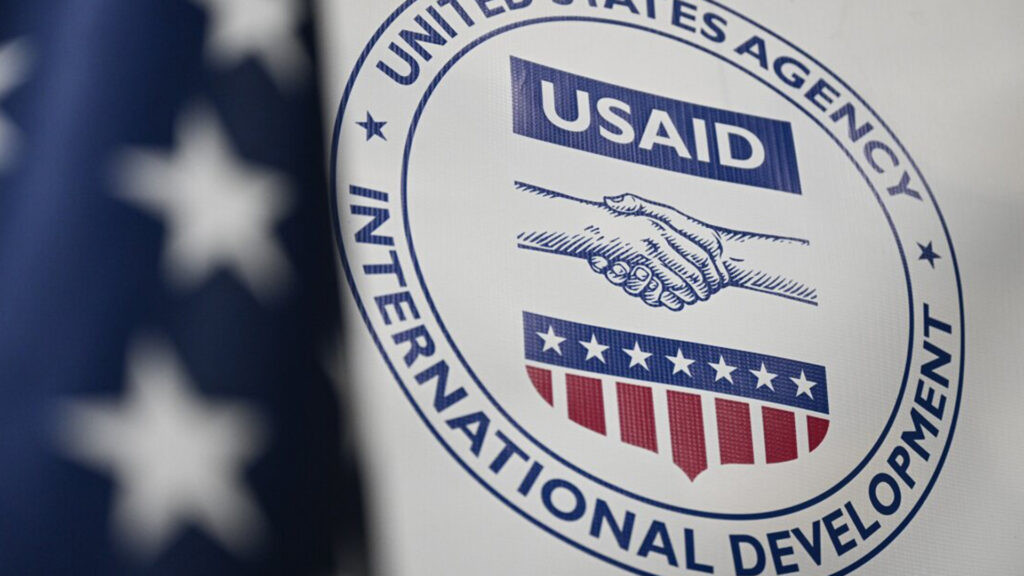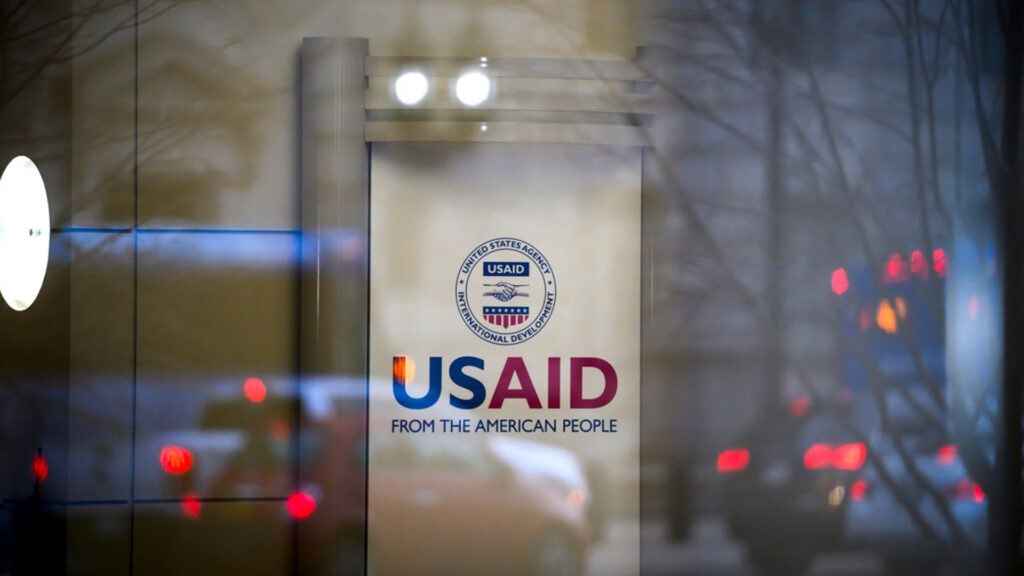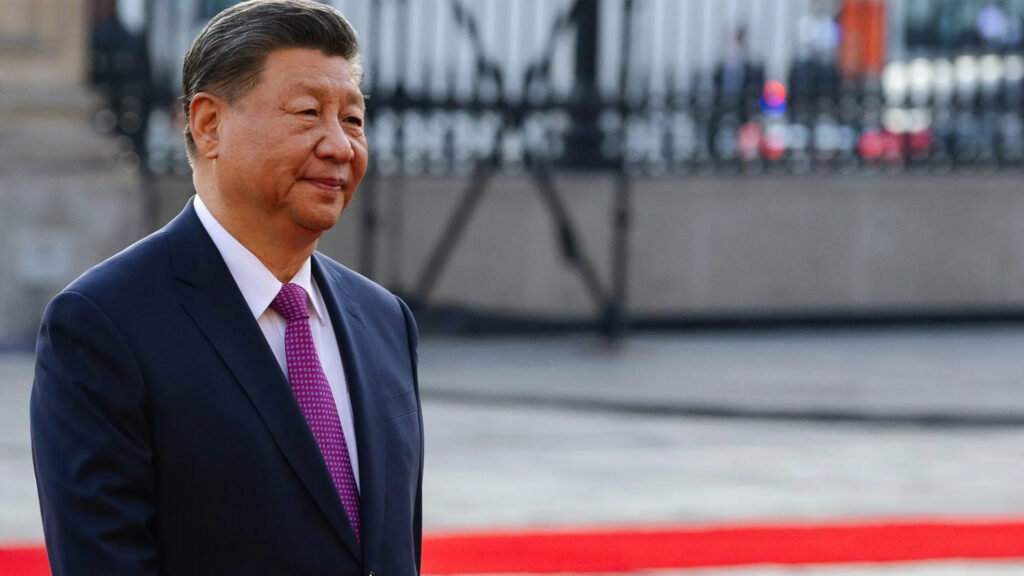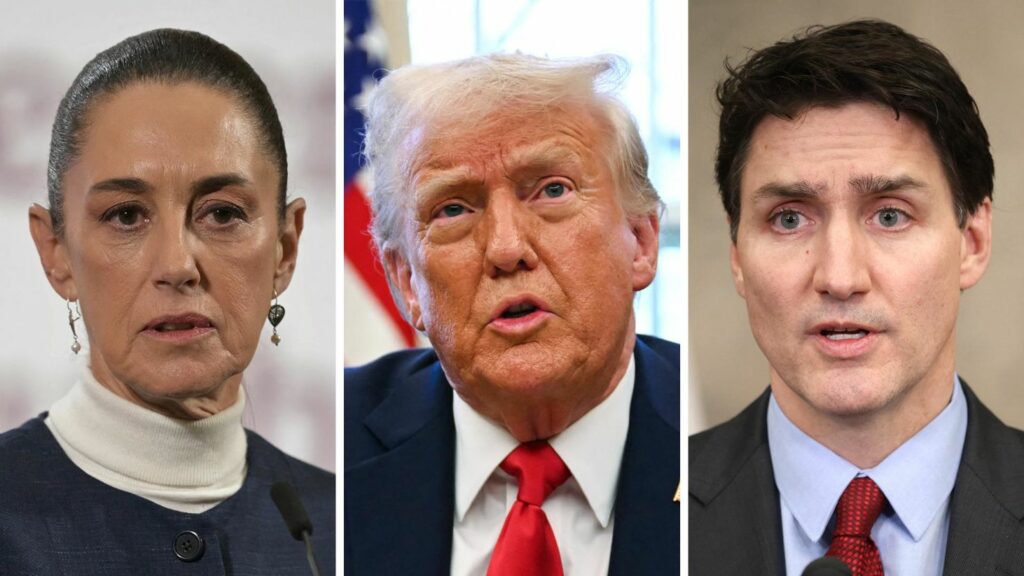The U.S. Agency for International Development (USAID) is facing an unprecedented shutdown as Elon Musk and the White House push to dissolve the agency and integrate its operations under the State Department.
On Monday, USAID staffers were instructed via an internal email to work remotely until further notice, sparking controversy and uncertainty across the political and business landscape.
Musk, a vocal critic of government inefficiencies, stated that USAID is “just a ball of worms” that requires complete dismantling. His Department of Government Efficiency (DOGE), tasked with slashing federal spending, has been at the center of this massive restructuring effort.
Key Takeaways
- USAID staff was ordered to work remotely following Trump and Musk’s plan to restructure the agency.
- The move is part of a broader cost-cutting initiative targeting federal inefficiencies.
- House Foreign Affairs Committee Chairman Brian Mast criticized USAID’s controversial spending, including grants for foreign DEI projects and Chinese research labs.
- Elon Musk and Trump agreed to shut down USAID, citing alleged waste and mismanagement.
- Congressional Democrats and international NGOs protest the decision, calling it unconstitutional and a threat to global humanitarian aid efforts.
The Rationale Behind the Shutdown
USAID, which had a $43.4 billion budget in 2023, has long been a target of Republican lawmakers who argue that it promotes wasteful spending and a left-leaning agenda abroad. Critics point to funding for gender identity programs, electric vehicle incentives in Vietnam, and controversial research grants as examples of misallocation of taxpayer dollars.
According to a Congressional Research Service report, USAID allocated funds in 2023 as follows:
- $16.8 billion for foreign governance assistance
- $10.5 billion for humanitarian aid
- $7 billion for healthcare initiatives
- $3.5 billion for administrative costs
- $3.1 billion for agriculture, education, and infrastructure projects
Musk and his cost-cutting team at DOGE have cited these expenditures as part of their justification for dissolving USAID, claiming that many of its programs are inefficient or outright corrupt.
Controversial USAID Spending
A recent audit of USAID programs revealed funding for projects that drew intense scrutiny:
- $1.5 million allocated to a Serbian LGBTQ+ entrepreneurial program
- $2.5 million spent on electric vehicle adoption in Vietnam
- $47,000 awarded for a Colombian transgender opera
- $32,000 to publish a Peruvian transgender comic book
- Millions in foreign aid to Gaza, despite concerns over funds being misused by Hamas-linked entities.
These revelations led to a 90-day funding freeze for certain USAID programs when Trump took office in January 2025. The funding halt triggered massive layoffs in international NGOs, with organizations dependent on USAID struggling to continue their operations.
Elon Musk and Trump’s Vision for Reform
Musk has labeled USAID a “criminal organization” that funds questionable initiatives under the guise of humanitarian assistance. During an X Spaces event, Musk revealed that he and Trump had aligned on the decision to “shut it down completely.”
“It became apparent that it’s not just an apple with a worm – it’s a ball of worms,” Musk stated. “You’ve got to basically get rid of the whole thing. It’s beyond repair.” (source).
Secretary of State Marco Rubio announced that Peter Marocco, Foreign Assistance Director, would now serve as Deputy Administrator of USAID to oversee the transition of aid programs under the State Department.
Political and International Backlash
Democratic lawmakers have condemned the decision, with Rep. Ilhan Omar (D-Minn.) leading protests outside USAID headquarters in Washington, D.C..
“This is what the beginning of dictatorship looks like,” Omar stated. “Trump and Musk are stripping Congress of its constitutional authority.” (source).
Meanwhile, European and Middle Eastern allies have expressed concerns about the impact of the USAID shutdown on global humanitarian efforts. The UN, NATO, and key trade partners are pressuring the Trump administration to reconsider, warning of economic and geopolitical instability resulting from reduced U.S. foreign aid.
Security Concerns and Internal Resistance
USAID security officials have also resisted the transition. Over the weekend, two USAID security officers were placed on leave for denying DOGE officials access to classified files at the agency’s D.C. headquarters.
Additionally, USAID’s Chief of Staff Matt Hopson, a Trump appointee, resigned unexpectedly following the incident, though it remains unclear if his departure was directly tied to the agency’s closure.
The Role of USAID in the COVID-19 Controversy
Further fueling the debate is the revelation that USAID helped fund research on bat coronaviruses at Wuhan University and the Wuhan Institute of Virology. According to a Government Accountability Office report:
- $854,384 in grants were funneled to the University of California, Davis before reaching EcoHealth Alliance.
- The funds supported “gain-of-function” research that increased virus infectiousness.
- Researchers at the Wuhan lab were among the first to contract SARS-CoV-2.
Musk and Senator Rand Paul (R-Ky.) have publicly condemned USAID for its role in financing such research. Musk posted on X,
“Did you know that USAID, using YOUR tax dollars, funded bioweapon research, including COVID-19, that killed millions of people?”
What’s Next for U.S. Foreign Aid?
With USAID operations grinding to a halt, the White House is expected to restructure foreign assistance programs under the State Department. However, questions remain:
- Will foreign aid levels be restored in the future?
- How will NGOs and humanitarian organizations adapt to funding changes?
- What new oversight mechanisms will be put in place to prevent misallocation of funds?
While Trump and Musk view this as a necessary cost-cutting measure, critics argue it could severely damage U.S. diplomatic efforts and humanitarian credibility on the global stage.
Conclusion
The shutdown of USAID marks a significant shift in U.S. foreign policy, driven by cost-cutting measures and a desire for greater accountability. While the move has been praised by fiscal conservatives, it has also sparked international concern and political backlash.
The next few months will determine whether this restructuring leads to greater efficiency or a diminished U.S. presence in global humanitarian efforts.







